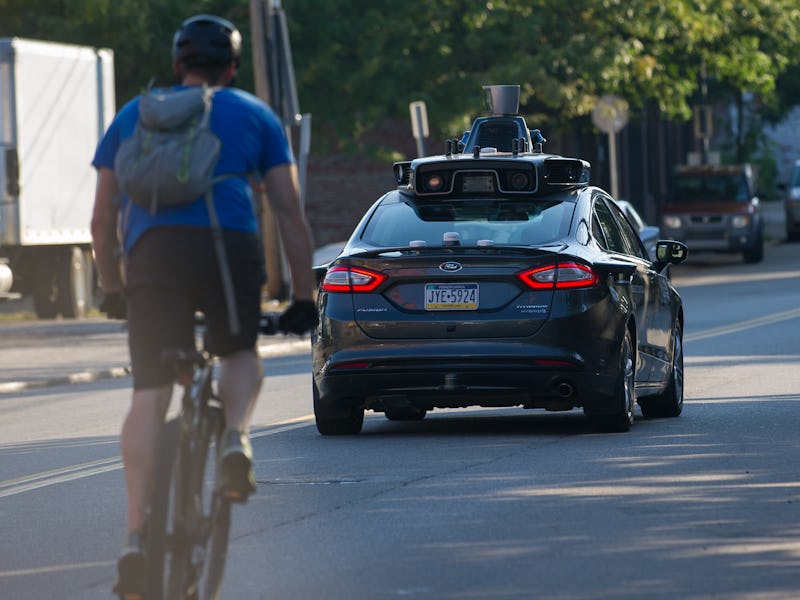Autonomous Vehicles May Incite Reckless Human Driving

Newcomers, who excel at a particular activity, tend to be scorned by the old-timers. It’s an age-old rite of passage. The same, however, might hold for self-driving cars, the talented foreigners on our roads. A recent survey of over 12,000 Europeans, about autonomous vehicles (AVs), warns that intelligent cars might engender riskier behavior from insecure human drivers.
Overall, the study, published in October by the London School of Economics and Political Science, found that “the majority of respondents remain concerned at the prospect of AVs.”
It’s an intriguing time for self-driving cars. People still drive an overwhelming percentage of cars on the road themselves. But, with Tesla Autopilot improving each day, the impending release of its more affordable Model 3, and with several other companies getting in on the fun, that balance seems poised to shift. As it does shift, it’s possible that roads will become less safe, but only until the majority becomes autonomous. Human drivers are often less predictable than self-driving cars, and a human reaction will differ greatly from that of an A.I. Faced with an imminent, unavoidable, life-threatening crash, a human will react one way, and a computer will react another.
Teslas in the mix.
Some of the survey’s respondents thought it’d be fun to test out the autonomous cars’ systems by driving around recklessly in them. One United Kingdom respondent said, “[The AVs are] going to stop. So you’re going to mug them right off. They’re going to stop and you’re just going to nip round.” (Sound familiar? You think you’re hot shit? I’ll show you who’s hot shit.) Almost half of all participants said they would feel uncomfortable using an autonomous vehicle, and over 40 percent would feel uncomfortable driving next to one. About the same amount of people felt that, eventually, because computers aren’t victim to human error and are emotionless, self-driving cars would be far safer than traditional cars. But almost three-quarters of all participants feared that the technology would malfunction, and render any safety advantages irrelevant.
Oren Etzioni, CEO of the Allen Institute for Artificial Intelligence, tells Inverse that in 25 years, driving will be a hobby. In major metropolitan areas, it could very well be illegal; out in the country, away from the congestion and most people, it will still be allowed. This projection makes sense: far less can go wrong when all members of a group are on the same page. When a city’s entire fleet is hooked up to the same system, and understands the whereabouts and future movements of each car, very little can interfere.
Throw a few humans in there, though, and all hell breaks loose. Especially when those humans are feeling vindictive.